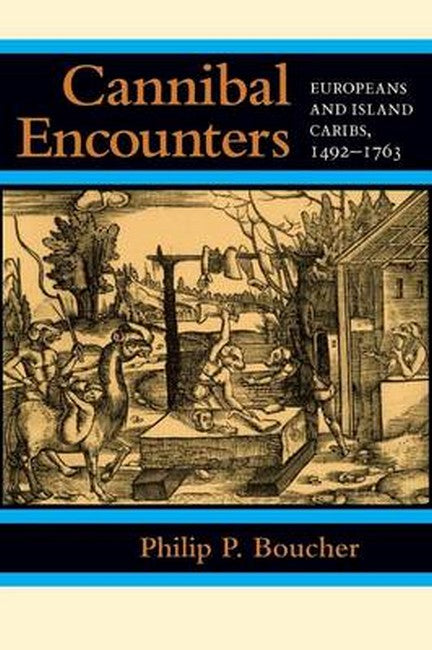Philip Boucher analyzes the imagesand the realitiesof European relations with the people known as Island Caribs during the first three centuries after Columbus. Based on literary sources, travelers' observations, and missionary accounts, as well as on French and English colonial archives and administrative correspondence, Cannibal Encounters offers a vivid portrait of a troubled chapter in the history of European-Amerindian relations.''A strong contribution to our understanding of the interplay not only between France and Britain in the struggle for the Antilles but also between the colonizers and the indigenous people fighting to maintain their independence from both European powers.''American Historical Review''Welcome evidence that historians are willing to rewrite the history of the colonial era in the Caribbean with a clearer eye to the part the indigenous population played.''Peter Hulme, William and Mary Quarterly''Boucher's research is thorough and his contribution to the historiography of the Caribbean and of colonialism is valuable.''Ethan Casey, Magill Book Reviews''An intelligent, well-informed discussion of French and English contacts with Island Caribs in the West Indies from the pre-colonial era until the end of the Seven Years War.''Kenneth Morgan, English Historical Review''A new and important contribution to the efforts of historians and anthropologists to understand the history of the Caribs.''Jalil Sued-Badillo, Journal of American History''A lucid and terse examination of direct interactions between Island Caribs and Europeans in the Lesser Antilles, and the indirect influence of literary images of Island Caribs (and other Native Americans) on the emergence of Western philosophical traditions.''William F. Keegan, Journal of Interdisciplinary History''No one has mined the French National Archives to this extent on this topic. Boucher renders valuable information accessible to English readers.''Robert A. Myers, Alfred University

